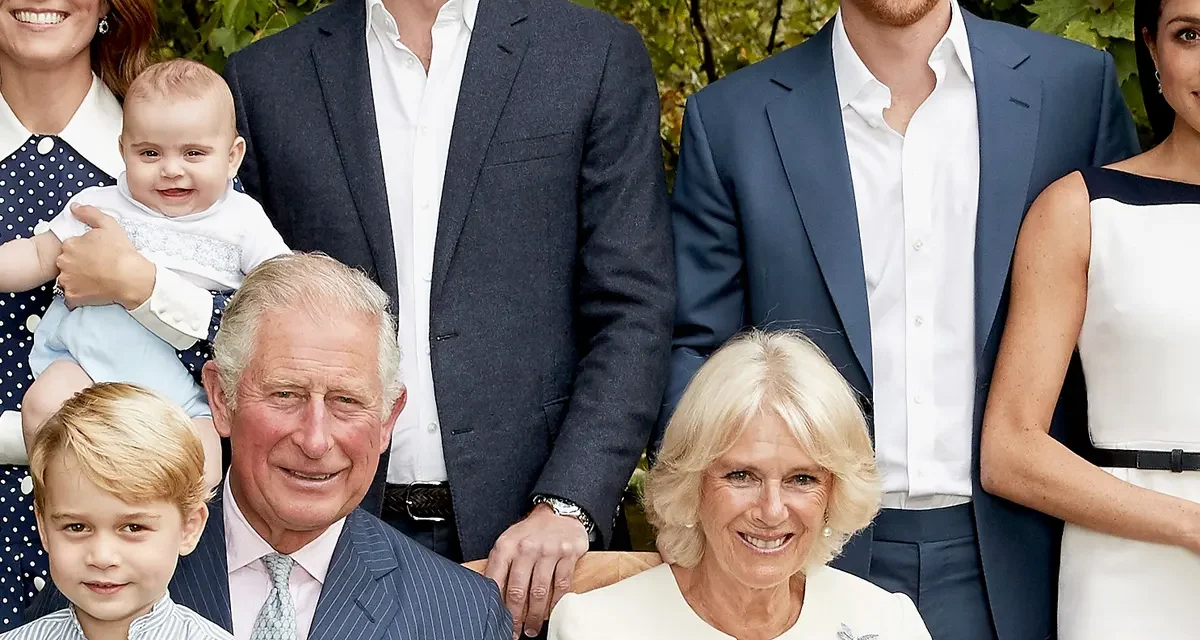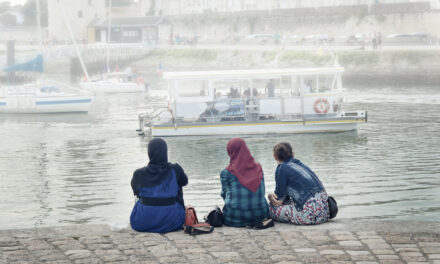Rumours are swirling that the royal palace may have held a preference for Prince Harry during his controversial younger years when he dressed as a Nazi and engaged in wild partying in Las Vegas. These claims have sparked both shock and disbelief among the public, raising questions about the palace’s stance on appropriate behaviour.
The alleged preference for Harry’s past antics has ignited a wave of criticism towards the palace, with many questioning the values and judgment of the royal institution. Critics argue that condoning or favoring such behavior sends a troubling message and undermines efforts to promote tolerance, inclusivity, and responsible conduct.
The reports of the palace’s alleged preference for Harry’s past actions have prompted discussions about the role of the monarchy in upholding societal standards and promoting positive examples. Supporters of the royal family maintain that individuals can evolve and change over time, and it is unfair to judge Harry solely based on his past controversial incidents.
However, skeptics argue that the palace’s reported preference for Harry’s behavior raises concerns about inconsistent messaging and sends mixed signals to the public. They highlight the need for clear guidelines and a unified stance from the royal family on what is deemed acceptable conduct.
As the news spreads, opinions are divided on whether the alleged palace preference for Harry’s past actions holds any merit or is simply the product of speculation and sensationalism. Regardless, the claims serve as a reminder of the complexities surrounding public figures and the ongoing scrutiny they face.
Ultimately, the palace’s alleged preference for Harry’s controversial past remains shrouded in uncertainty, leaving the public to ponder the wider implications of their reported stance. It prompts reflection on the role of the royal family in setting an example and maintaining public trust, while also recognizing the capacity for growth and change in individuals over time.
















